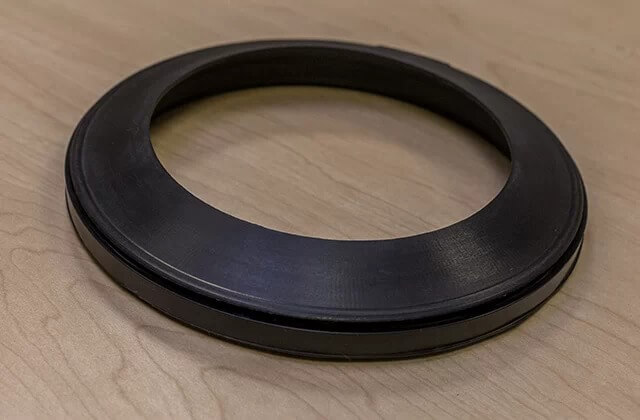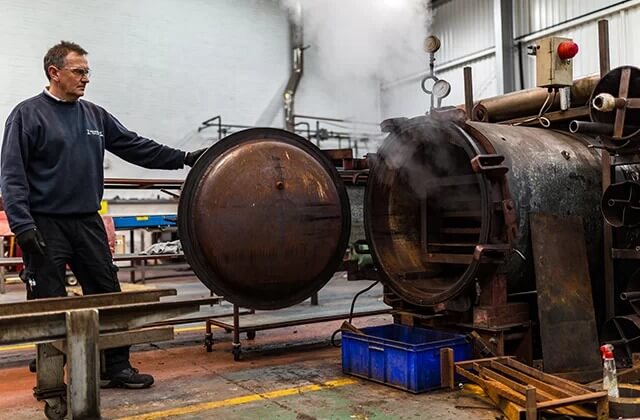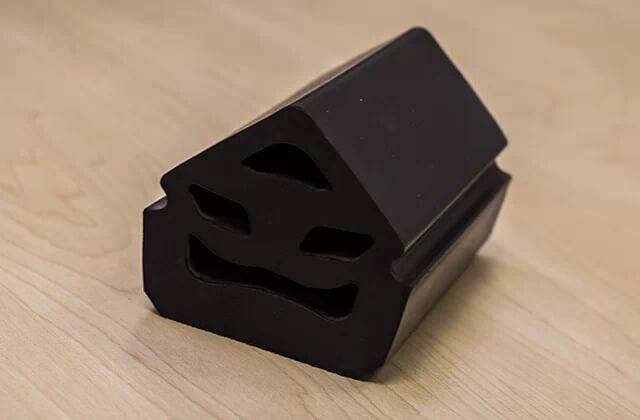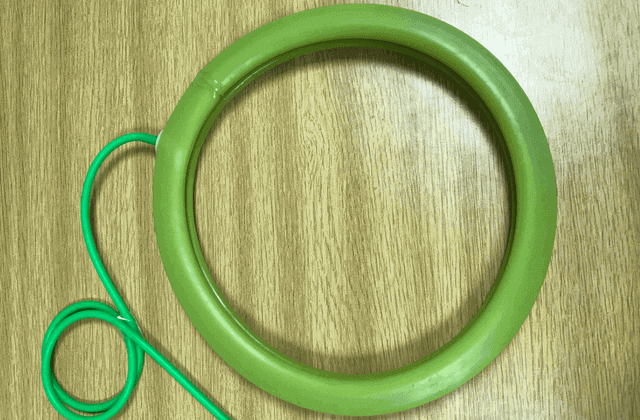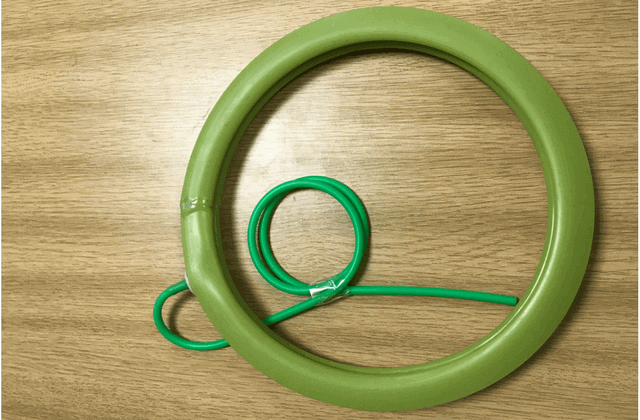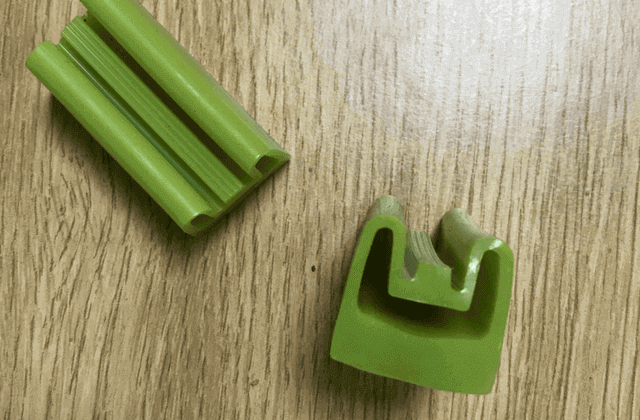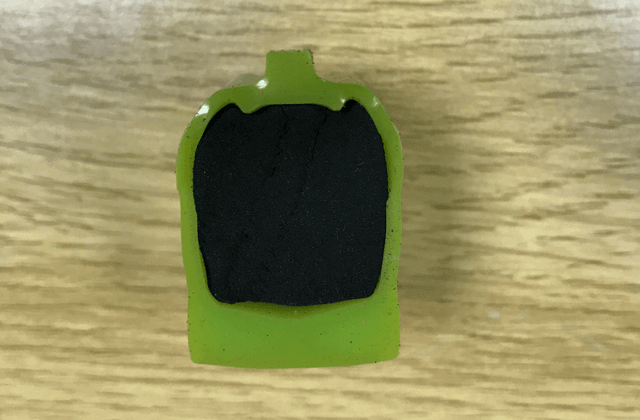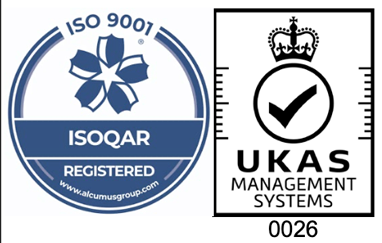Rubber Seals
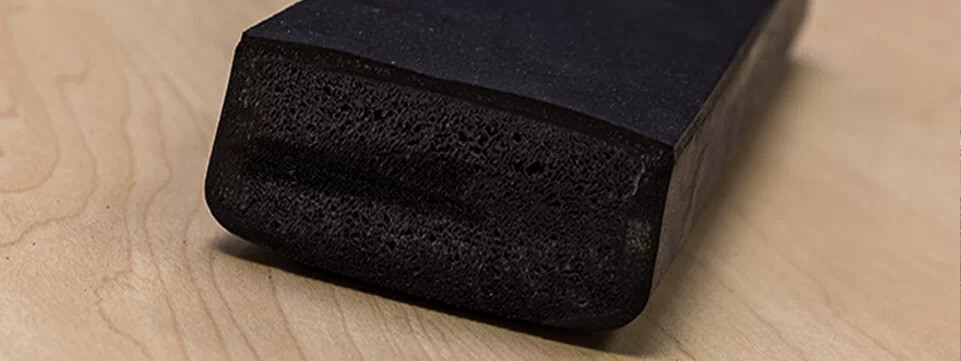
Our rubber seals come in a variety of hardness from 30 shore A to 90 Shore A, used in marine and industrial environments.
We can make seals that are:
- resistant to water degradation
- oil resistant
- heat resistant
We specialise in making gate seals and hatch packing, rubber seals for ships, and industrial rubber seals. We also make watertight hatch seals and yacht seals.
Find out more about our materials on our page: “Rubber We Use”

